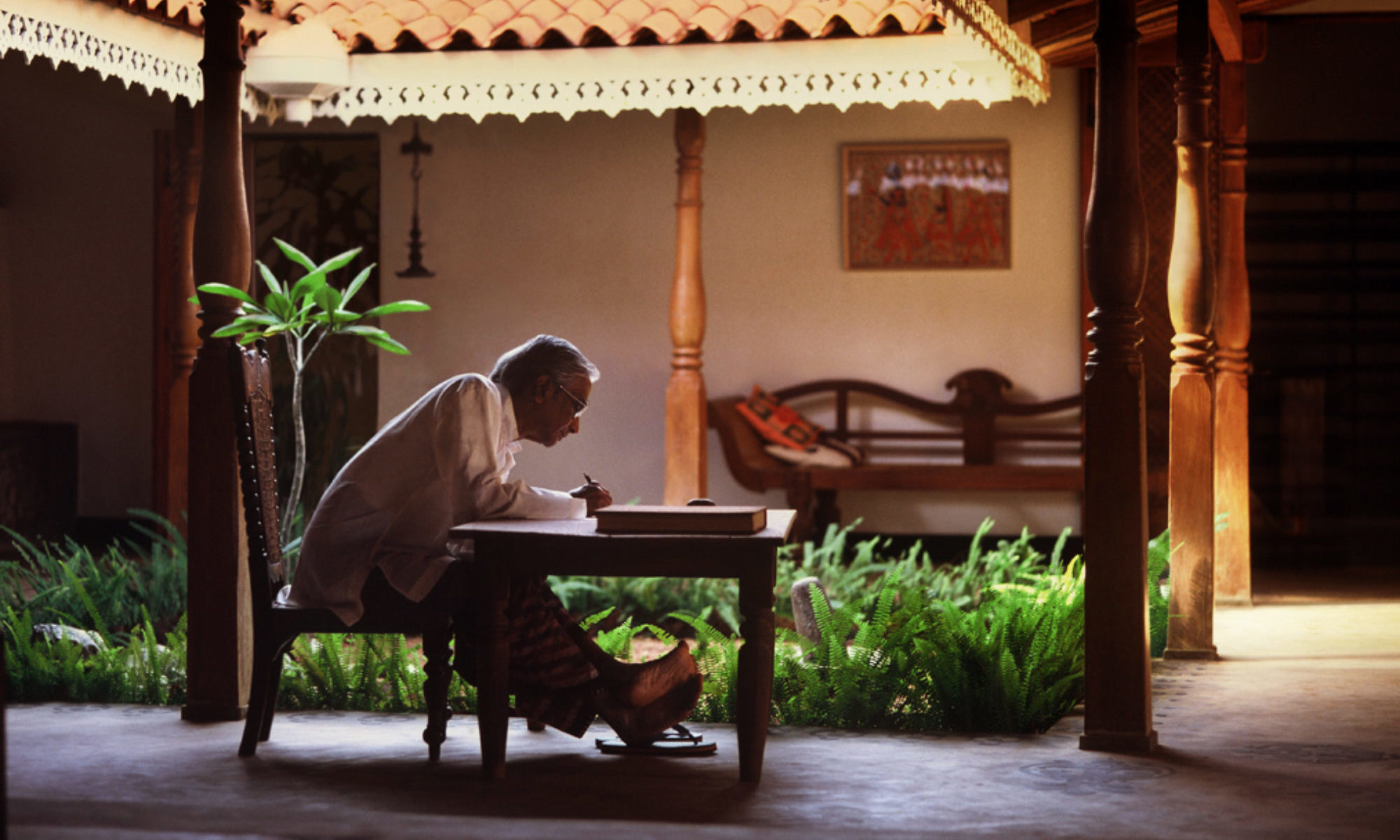DR.E.R.Sarachchandra’s Maname (1956) and Sinhbahau (1961) are the finest creative achievements of the contemporary Sinhala theater. I begin with this assertion in order to explain why, in this article on Ceylon’s outstanding modern dramatist, I intend to confine myself to discussion of his two major plays. And it is their intrinsic dramatic and literary achievement that I wish to consider here rather than their place in the evolution of our theater- though Maname, especially, has been a seminal work through its influence on younger playwrights and its education to the theater audience. Of Dr.Sarachchandra, he has “created the taste by which he has to be enjoyed”.
The Traditional Culture of Ceylon and its Present Position
One of the effects of colonialism in Ceylon was the creation of a new upper class who adopted the English language as its home language, took English names, and followed English manners to as nice a degree of perfection as they were capable of, and in every possible way, tried not to identify themselves with the people of the country. They patterned their lives and their interests on those of their rulers, and would know about the latest happenings in English in the field of art or music or literature. The upper classes (including the higher stratum of the middle class) constituted, therefore, a cultural and linguistic group forming a minority within the wider group of the Sinhalese people with whom they were related only by blood. The cultural situation in Ceylon within the past fifty odd years could be best understood in the light of this social phenomenon.
Continue reading “The Traditional Culture of Ceylon and its Present Position”
Impressions of Kabuki
“Successful acting […] is the creation of an artistic form of a conventionalized type of behavior which is capable of evoking in the audience the reactions appropriate to the situation depicted on stage.”
(from a talk by Sarachchandra, broadcasted in the English Service of Radio Ceylon, 1956)
My reaction to Kabuki might best be understood in the background of the situation regarding theater in our own country and in the light of whatever work has been done so far in this field. The present problem in our country as it seems to me is that of discovering a theater form to which the people will respond more naturally than to the Western type of drama that exists today. Both in India as well as in Ceylon, the traditional type of theater practically does not exist today except in a decadent form in the remote villages. Since British times, a new type of drama arose, based upon Western models and the native forms almost died out for want of patronage. What survived in the cities and claimed to be a traditional dramatic form, was merely a popular type of music play, a hybrid mixture of various elements taken from the native drama as well as from Western operetta and merely providing cheap entertainment. Hence, the contemporary theater has no roots in the cultural habits of the people and as soon as the movies came, people abandoned the theater in favor of the new form of entertainment. Since then the theater has been leading a precarious existence patronized by a literary-minded few and particularly by those having some sort of English education.
